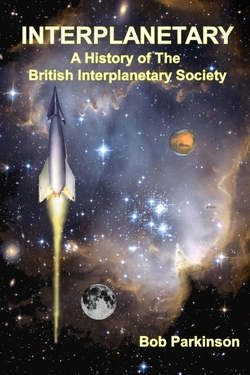Science writer Larry Klaes passed along a quote from French astronomer and writer Camille Flammarion that he posted in the SETI League’s BioAstro list. It speaks nicely to the power of telescopes over the human imagination, even if it reminds us that the pleasures these instruments give often get lost in the distractions of everyday life. Here’s the quote:
“What intelligent being, what being capable of responding emotionally to a beautiful sight, can look at the jagged, silvery lunar crescent trembling in the azure sky, even through the weakest of telescopes, and not be struck by it in an intensely pleasurable way, not feel cut off from everyday life here on Earth and transported toward that first stop on celestial journeys?
“What thoughtful soul could look at brilliant Jupiter with its four attendant satellites, or splendid Saturn encircled by its mysterious ring, or a double star glowing scarlet and sapphire in the infinity of night, and not be filled with a sense of wonder? Yes, indeed:
“If humankind – from humble farmers in the fields and toiling workers in the cities to teachers, people of independent means, those who have reached the pinnacle of fame or fortune, even the most frivolous of society women – if they knew what profound inner pleasure awaits those who gaze at the heavens, then France, nay, the whole of Europe, would be covered with telescopes instead of bayonets, thereby promoting universal happiness and peace.”
I don’t have the reference on this (Larry?) but perhaps it’s from one of Flammarion’s letters, and the bayonet comment leads me to suspect it was written around the time of the Franco-Prussian War. The astronomer (1842-1925) was also a science popularizer and science fiction novelist whose philosophical dialogue Lumen (1872) recently received a new translation by Brian Stableford. Always curious about origins, I was interested to learn that the book is one of the first science fiction novels to focus in tightly on what alien life forms would look like. It also offers some interesting thoughts on how speeds close to that of light might affect human perception (all this considerably before Einstein).
Lumen (a wandering spirit) to Quaerens, the young and questioning searcher: “What voice is more eloquent than the silence of a starlit night?” Nobody has ever said it better, with or without a telescope. Flammarion’s 1892 book La Planete Mars, et ses conditions d’habitabilité (The planet Mars and its conditions of habitability), incidentally, had much to do with igniting interest in Mars as the possible abode of life.


Could be from Astronomie Populaire (1880).
This site gives a date for the quote.
Thanks for the reference — much appreciated!
I found the quote as part of the frontpiece for a book
about Newton translated from the French. The date 1880
tends to make me agree that it is from Flammarion’s
Astronomie Populaire.
Thank you for alerting us about the book Lumen. I wish
more of Flammarion’s works would be translated into the
English language, especially his book on Mars, for it contains
virtually everything known about the Reed Planet up to 1892.
Of course one saving grace having Flammarion’s works
being translated later rather than sooner improves the
chances of such work being properly done. Just ask poor
Jules Verne how long he had to suffer with having his great
works butchered by English translators, who often took
offence at Verne’s jabs at the British and censored him
as a result.
I did find some more of Flammarion’s writings online here:
http://www.gutenberg.org/files/15884/15884-h/15884-h.htm
The English version of Lumen is online here:
http://books.eserver.org/fiction/lumen/
As is Flammarion’s other work, Uranie:
http://eserver.org/fiction/uranie/